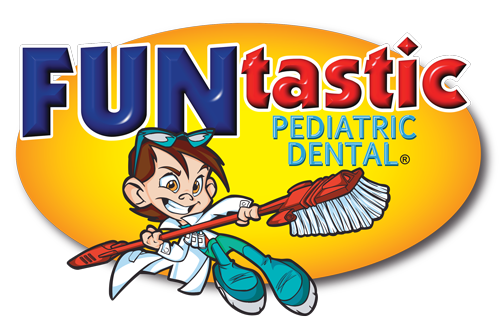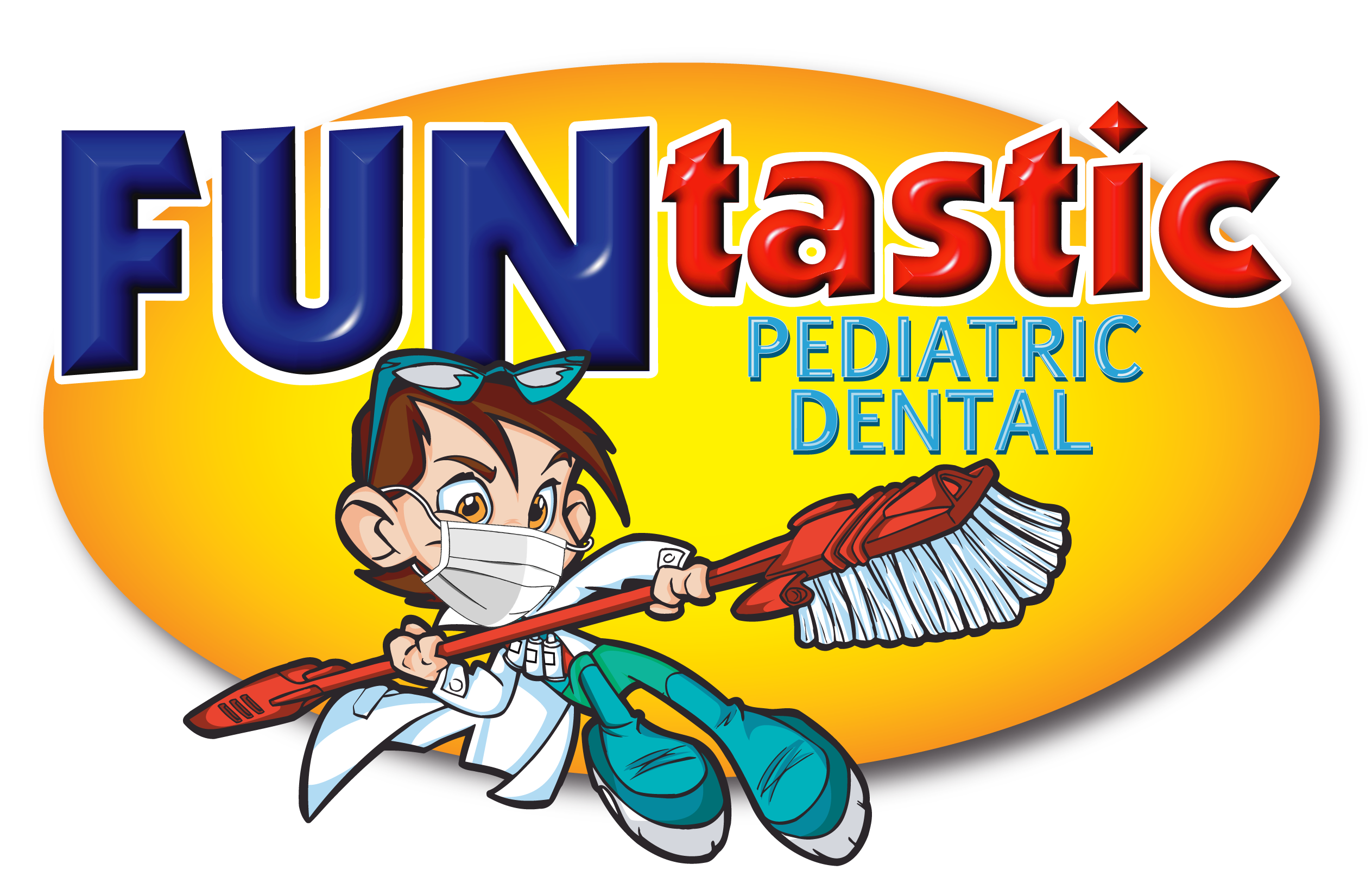Deep cleaning is a simple dental service that you can schedule with our dental hygienist. The appointment time can vary depending on the amount of cleaning that needs to happen.
Scaling and root planning are two methods used in deep cleaning.
Scaling is the removal of plaque and tartar from the top of the tooth and the pockets in between teeth and gums. Our dental hygienist will scrape away any buildup on the teeth with a small brush or an electronic ultrasonic device and clean it with a rinse or flossing.
Following scaling, the hygienist can do root planning, which uses the same tool styles as scaling but works on the tooth’s root. While keeping the root healthy and clear of debris or decay, the gums will gradually heal back around the roots, eliminating or reducing pocket size.
Deep cleaning usually requires at least two visits, although your dentist can arrange follow-up dentist appointments to ensure that the mouth is healing and the pocket size is decreasing, or if any subsequent work is required.


